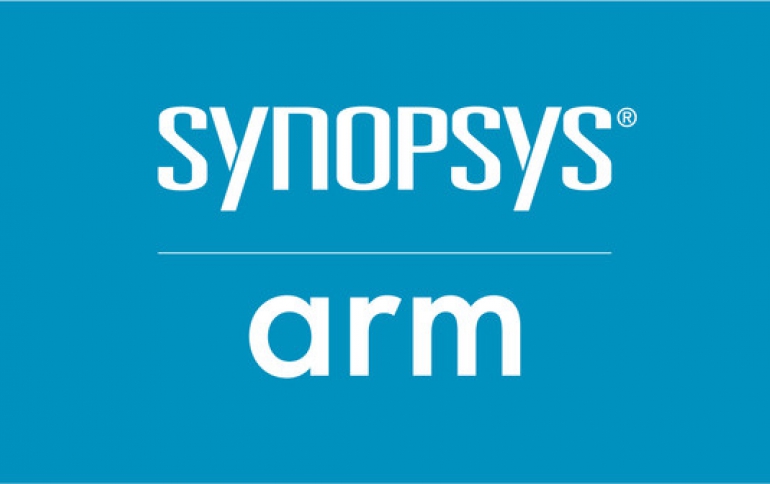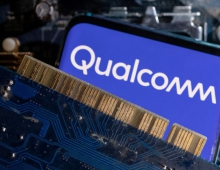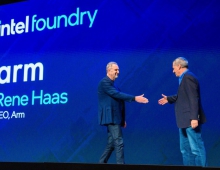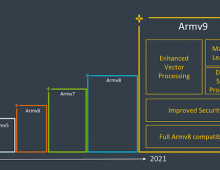
Synopsys, Arm, and Samsung Foundry Enable Development of Next-Generation Arm "Hercules" Processor on 5LPE Process
Synopsys, Arm, and Samsung have collaborated on solutions to enable early adoption of the next-generation Arm-based processor.
Design-ready solutions are based on the artificial intelligence (AI)-enhanced, cloud-ready Fusion Design Platform from Synopsys, along with Arm Artisan Physical IP and POP IP for Samsung Foundry's advanced 5LPE process.
These solutions are provided to accelerate development of the next wave of semiconductor system-on-chips (SoCs), including designs for high-performance computing (HPC), automotive, 5G, and AI market segments.
Synopsys' Fusion Design Platform has been leveraged for optimized implementation of the new Arm core. The Fusion Design Platform incorporates many Synopsys products, including:
- 7nm and below implementation in Fusion Compiler design, Design Compiler graphical synthesis, and IC Compiler II place-and-route system
- Higher performance with automatic density control and timing-driven placement
- Lower power with full-flow concurrent clock and datapath (CCD) optimization
- Signoff closure with PrimeTime PBA-based ECO with power recovery and exhaustive PBA along with StarRC simultaneous multi-corner extraction
- Early, accelerated design optimization for power integrity and reliability with the RedHawk Analysis Fusion signoff-driven flow within IC Compiler II
QuickStart Implementation Kit (QIKs) for key Arm-based processors are available today at https://www.synopsys.com/arm-opto.
ARM's new CPU design, codenamed 'Hercules,' is based on Arm DynamIQ technology. Set to be available in 2020, it will be optimized for both the latest 5nm and 7nm nodes. ‘Hercules’ continues the trajectory of increased compute performance, while also improving power and area efficiency by 10 percent (in addition to the efficiency gains achievable from the 5nm process node).
'Hercules,' is designed for the PC space, and Arm claims that its chips will equal and potentially even surpass Intel's in single-threaded performance, at significantly lower power levels.
ARM should be right in the mix for thin and light laptops but with substantial feature improvements over Intel like 5G, always on instant on, and more.




















